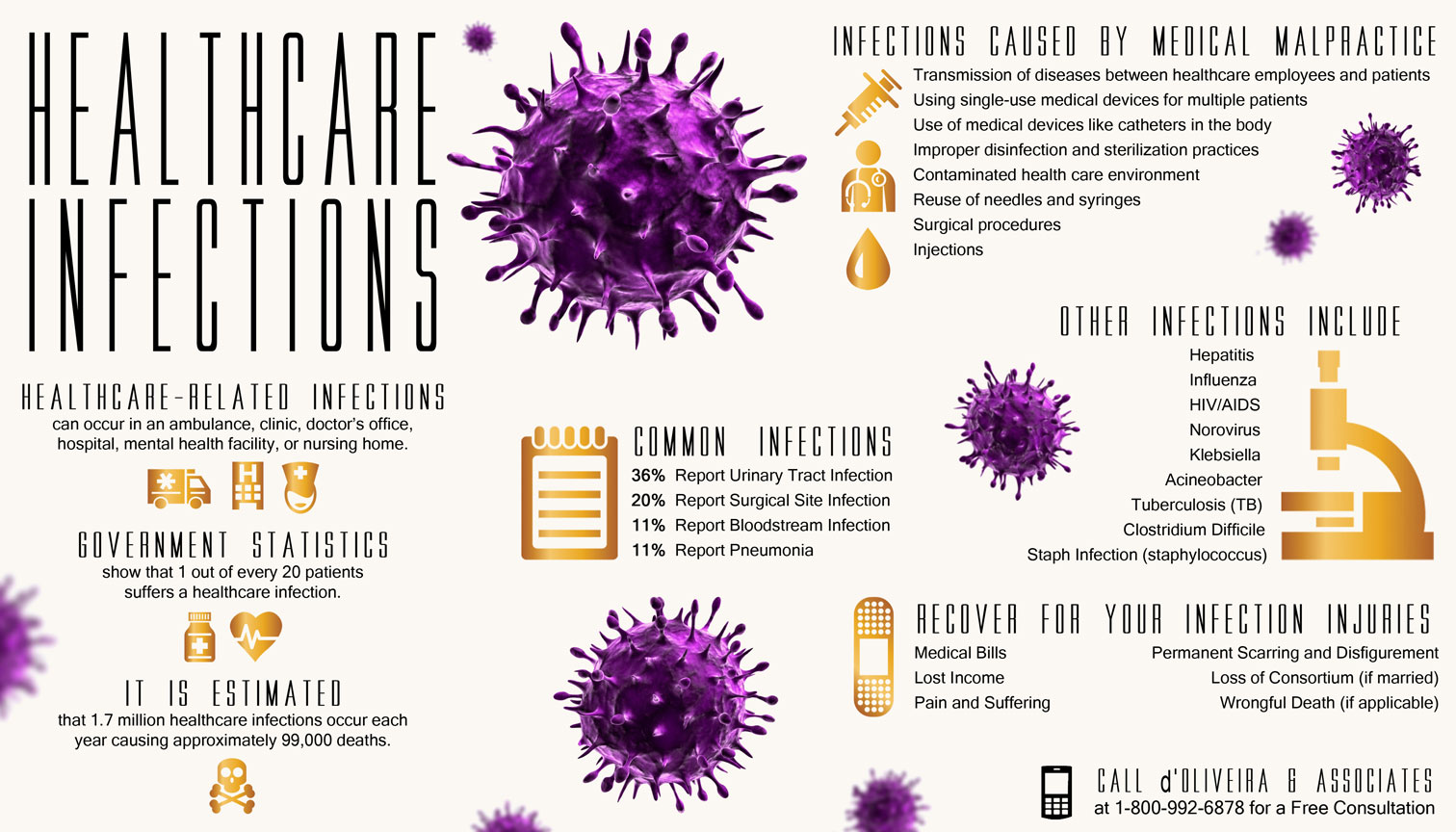The WHO’s Infection Control Guidelines
Managing infectious diseases requires knowledge of not just the realities of existing infectious agents, but also the circumstances that permit them to spread or mutate into different, potentially more lethal pathogens. The World Health Organization (WHO) establishes infection control guidelines that give practitioners around the...









